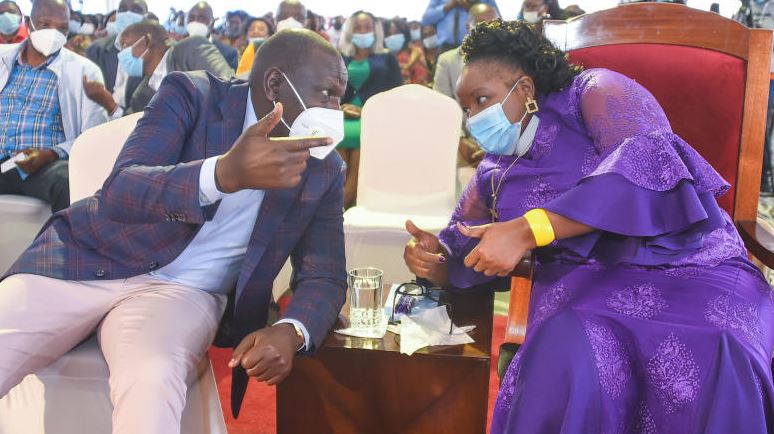×
The Standard e-Paper
Fearless, Trusted News

Until he was driven through the steely gates of State House on November 18 for a meeting with his boss, Deputy President William Ruto was a vociferous opponent of the anticipated constitutional changes.
It was on this day that the drive to collect signatures in support of the amendments, proposed in the Building Bridges Initiative (BBI) report, was to be launched before it was postponed.